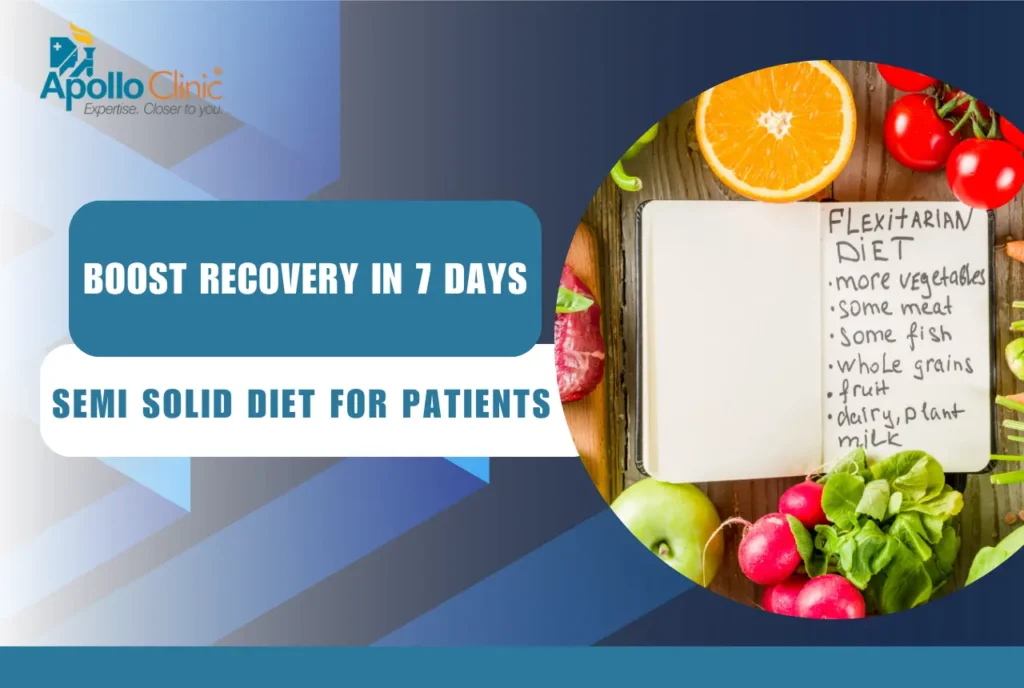How Can a Semi Solid Diet for Patients Boost Recovery in 7 Days?
Semi Solid Diet for Patients is a gentle yet effective way to support your body during times of illness or post-surgery recovery. When you’re feeling drained and depleted, your body is working hard to heal, and what you eat plays a crucial role in this process. This diet provides essential nutrients while giving your body the break it needs. In this guide, we’ll explore how following a semi-solid diet can expedite your recovery in just seven days. Remember to consult your doctor before making any significant dietary changes, especially during recovery.
Understanding the Semi-Solid Diet for Patients

Imagine your digestive system as a busy highway. When you’re recovering, it’s like rush-hour traffic. Solid foods are the big trucks causing congestion. A semi-solid diet is more like a smooth-flowing stream of cars, allowing your body to focus its energy on healing rather than digestion. When you eat fluids, it aids in digestion and fosters smooth movement of the bowels through the intestines.
This diet is typically recommended after surgery, for digestive issues, or when swallowing difficulties arise. It bridges the gap between clear liquids and solid foods. While it might sound restrictive, it offers a surprising amount of nutritional value. Unlike clear liquid diets that primarily consist of water, broth, and juice, semi-solid foods include yogurt, mashed potatoes, and cooked cereals. This broader spectrum provides a better balance of carbohydrates, proteins, and healthy fats – the building blocks your body needs to repair and rebuild.
Benefits of a Semi-Solid Diet for Faster Recovery

- Nutrient Absorption: Semi-solid foods are more easily broken down by your body, allowing for better nutrient absorption. This means vital vitamins, minerals, and protein are efficiently delivered to your cells to support healing.
- Tissue Repair: Protein is the cornerstone of tissue repair. A semi-solid diet provides the necessary protein to rebuild damaged cells and promote new tissue growth, accelerating your recovery.
- Immune System Boost: Your immune system is your body’s defense army. A diet rich in vitamins and minerals helps strengthen these defenses, enabling your body to fight off infections more effectively.
- Digestive Relief: By reducing the workload on your digestive system, you allow your body to channel its energy towards healing. This gentle approach can alleviate digestive discomfort often associated with recovery.
- Nausea Reduction: For those experiencing nausea, the bland and gentle nature of semi-solid foods can be a welcome relief.
- Hydration Support: Soups and broths, common components of a semi-solid diet, contribute to your overall fluid intake, helping maintain hydration levels.
Sample: 7-Day Semi-Solid Diet Plan for Patient Recovery

Remember, this is a general guideline. Your diet should be tailored to your specific needs and preferences. Always consult your doctor for personalized advice.
Day 1:
- Breakfast: Oatmeal with mashed banana and a sprinkle of cinnamon
- Lunch: Cream of vegetable soup with a slice of whole-grain toast
- Dinner: Mashed sweet potatoes with grilled chicken (pureed or finely chopped)
- Snacks: Yogurt, apple sauce
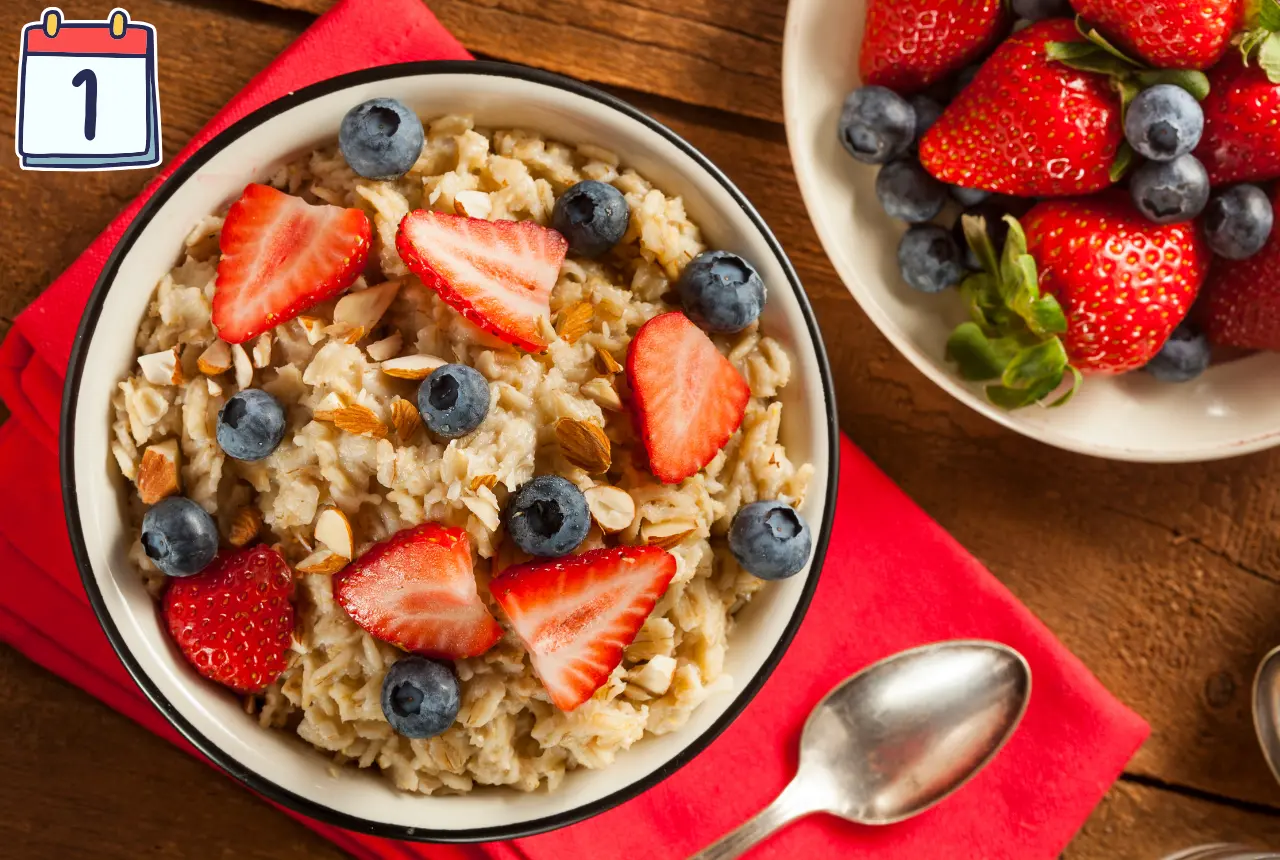
Day 2:
- Breakfast: Scrambled eggs with whole-grain toast
- Lunch: Chicken noodle soup with crackers
- Dinner: Mashed cauliflower with salmon (flaked)
- Snacks: Rice pudding
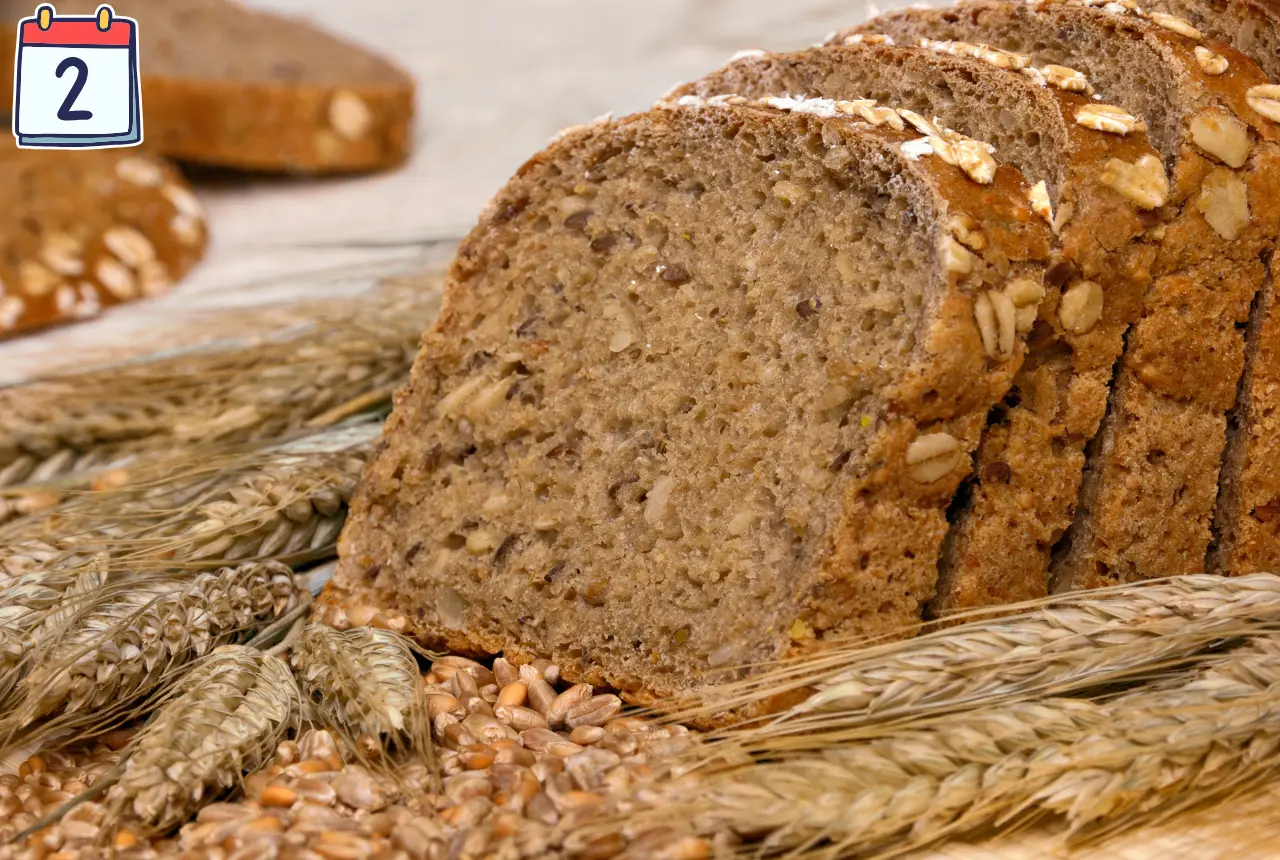
Day 3:
- Breakfast: Smoothie made with yogurt, berries, and a banana
- Lunch: Lentil soup with a side of mashed potatoes
- Dinner: Tuna salad sandwich on soft white bread (tuna mashed)
- Snacks: Cottage cheese
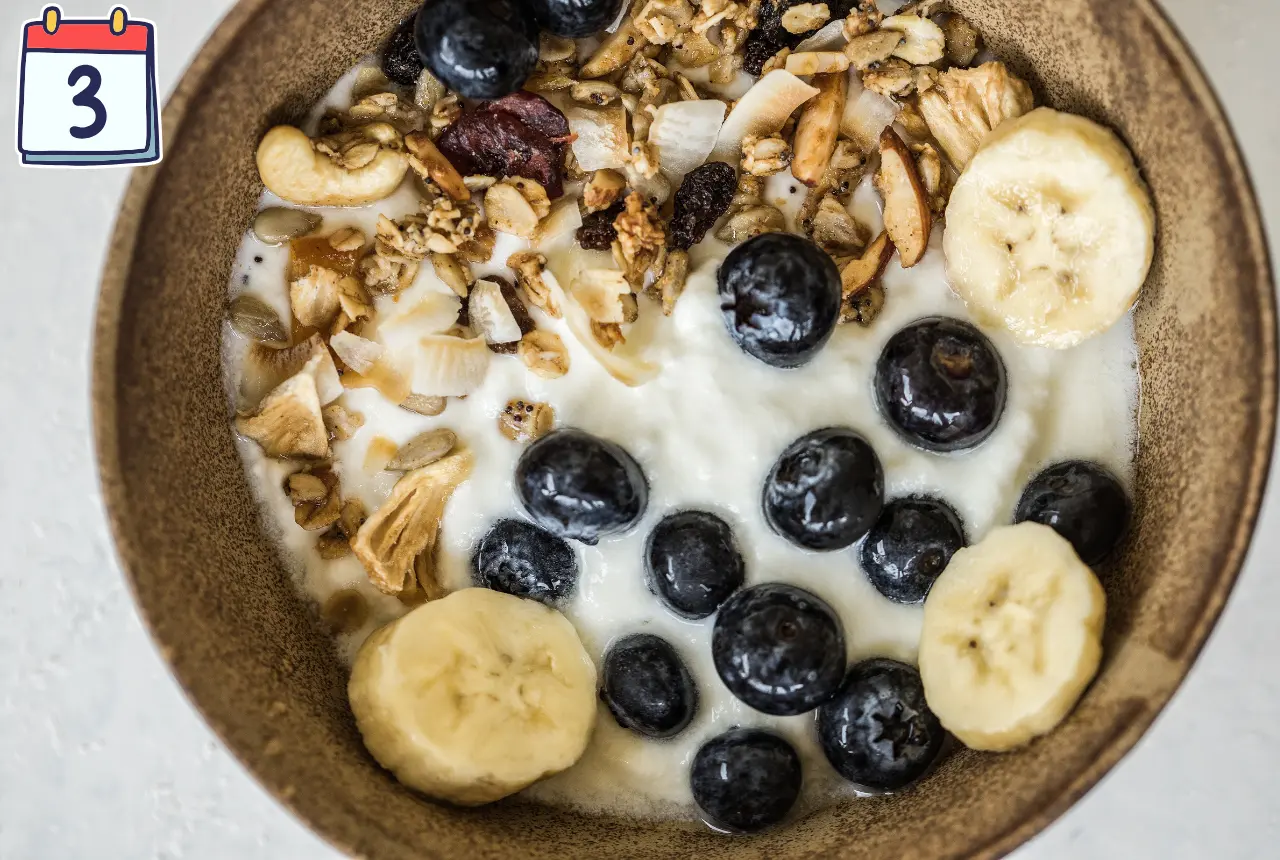
Day 4:
- Breakfast: Avocado toast (avocado mashed)
- Lunch: Vegetable puree soup with a grilled cheese sandwich (soft bread)
- Dinner: Chicken breast (shredded) with mashed carrots
- Snacks: Rice pudding
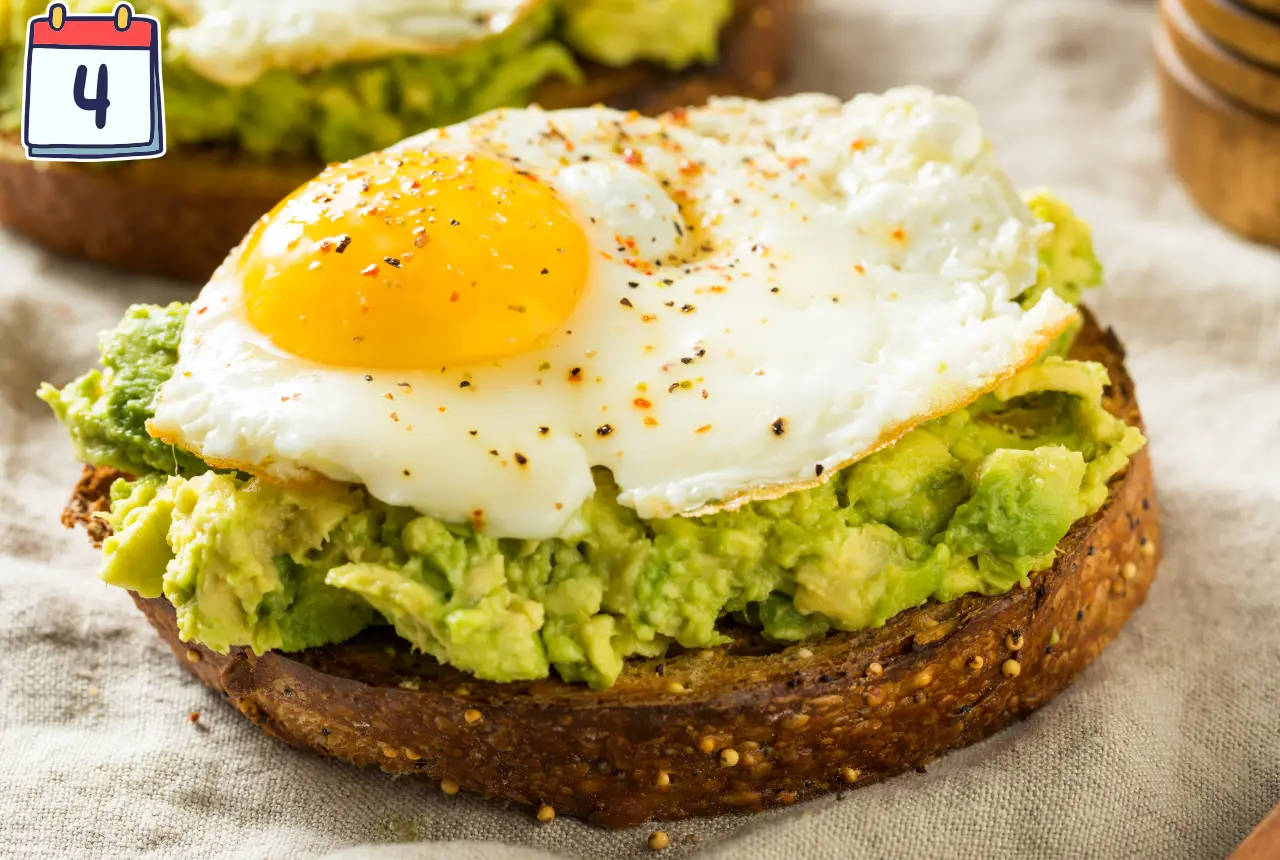
Day 5:
- Breakfast: Greek yogurt with honey and granola (crumbled)
- Lunch: Cream of tomato soup with grilled cheese
- Dinner: Salmon patties with sweet potato puree
- Snacks: Apple sauce
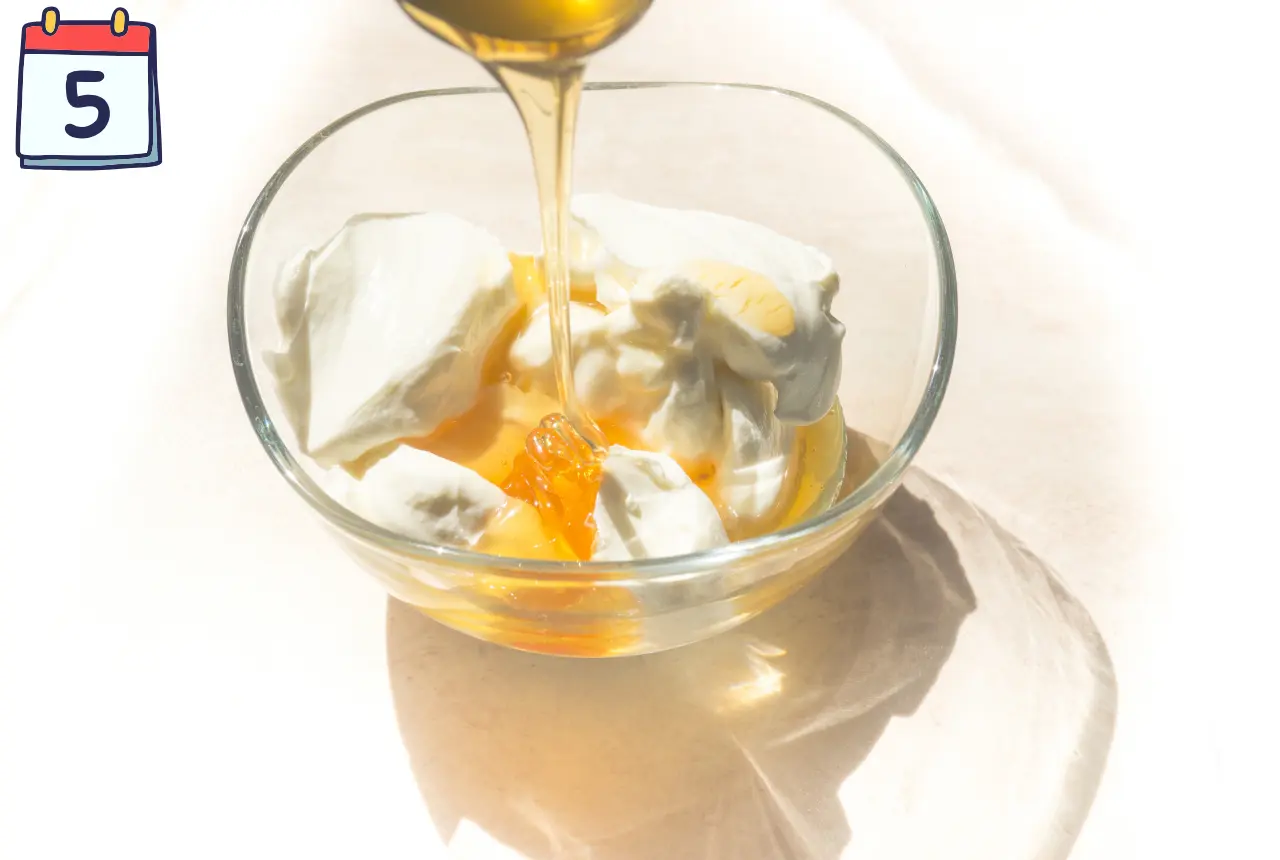
Day 6:
- Breakfast: Scrambled eggs with spinach and whole-grain toast
- Lunch: Chicken salad sandwich on soft white bread (chicken mashed)
- Dinner: Lean ground beef patties with mashed potatoes
- Snacks: Cottage cheese
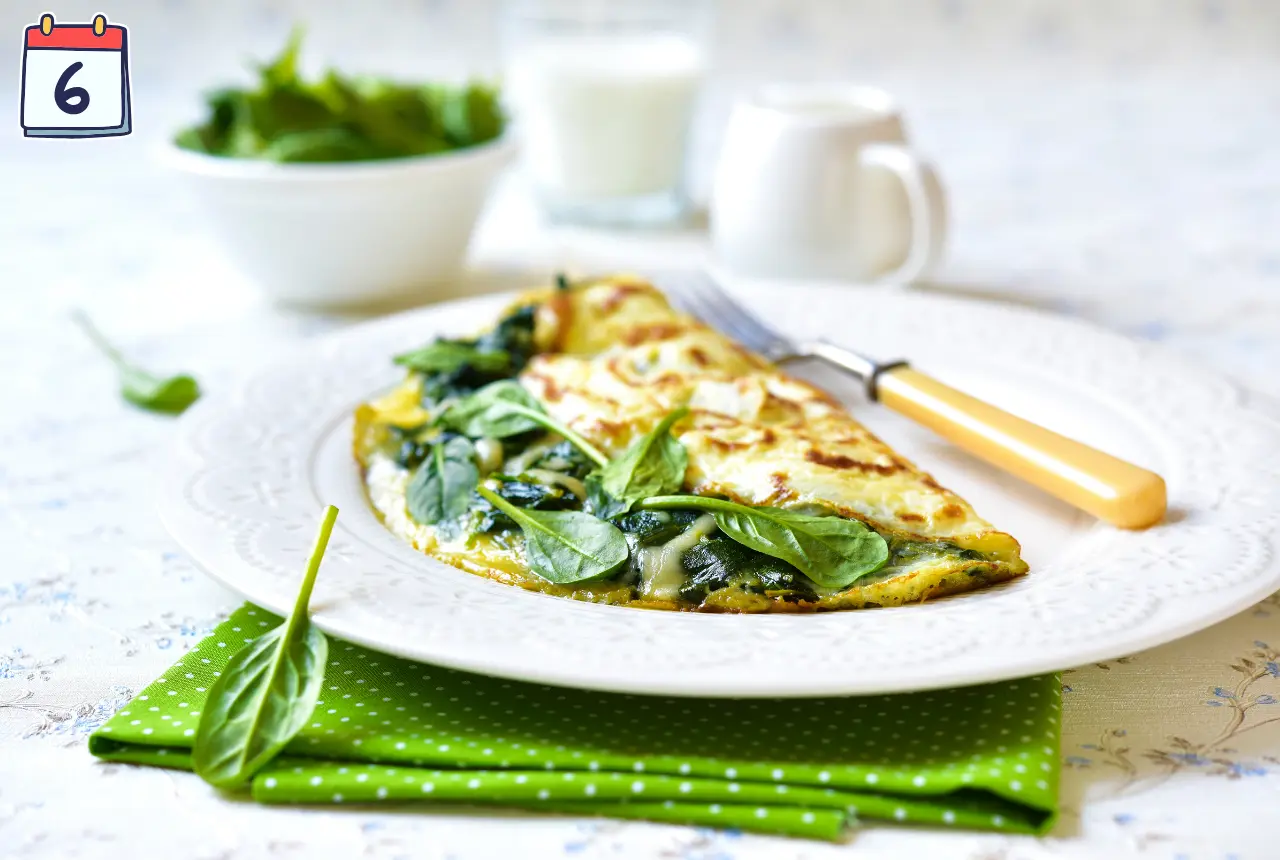
Day 7:
- Breakfast: Oatmeal with berries and a drizzle of honey
- Lunch: Vegetable beef soup with crackers
- Dinner: Grilled chicken (shredded) with mashed cauliflower
- Snacks: Yogurt
Remember to include a variety of foods to ensure you’re getting all the essential nutrients. Don’t forget to stay hydrated by drinking plenty of water, broth, or diluted fruit juices.
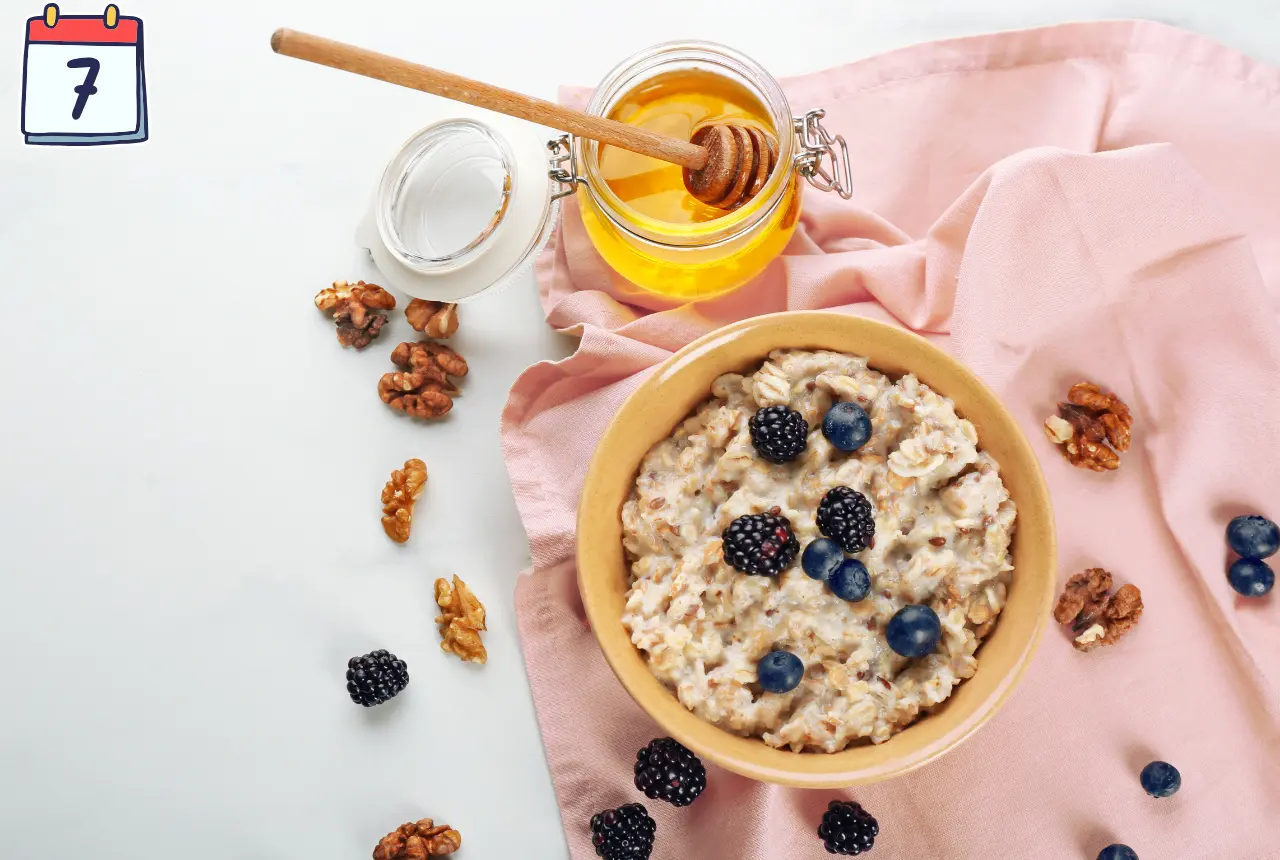
Tips for Success with a Semi-Solid Diet

- Small, frequent meals: Avoid overwhelming your digestive system by eating smaller portions more often.
- Chew thoroughly: Even though the food is soft, chewing helps with digestion and nutrient absorption.
- Stay hydrated: Drink plenty of water, broth, or diluted fruit juices throughout the day.
- Listen to your body: Pay attention to your hunger cues and adjust portion sizes accordingly.
- Consult your doctor: Regular check-ins with your healthcare provider are crucial to monitor your progress and make necessary adjustments to your diet.
Foods to avoid during a soft food diet

Many foods should be avoided when on a soft food diet. Foods that are difficult to digest or chew should be avoided. Spicy and highly acidic foods are usually avoided.
- Vegetables: uncooked, deep-fried, seeds, or rinds.
- Fruits include fresh fruits (except avocados and bananas), fruits with peels and seeds, dried fruits, and very acidic fruits such as lemons and limes.
- Dairy items include hard cheeses, cheeses with nuts or dried fruit, and yogurt with added components like chocolate or nuts.
- Grains and starches include hard crackers, chewy or crusty bread, high-fiber bread, and grains such as seeded bread and shredded wheat, French fries, and popcorn.
- Tough slices of meat, fried fish or chicken, entire cuts of meat or poultry, high-fat processed meats such as bacon, shellfish, soups or stews with tough chunks of meat.
- Fats: nuts, seeds, coconut flakes, crispy nut butter.
- Miscellaneous: seeded jams and jellies, chewy candies
- Spicy or irritating foods include spicy peppers, tomato sauce, gas-promoting foods like cabbage and beans, and Tabasco sauce.
- Beverages: alcohol and caffeinated beverages may be restricted depending on the condition being treated.
Keep in mind that your healthcare practitioner may propose further limits based on your medical condition. It is critical to understand both the advised diet and your specific nutritional requirements.
Takeaway
A semi-solid diet for patients can be a valuable tool in your recovery journey. Providing essential nutrients, easing digestion, and supporting your immune system can help you heal faster and regain your strength. Remember, everybody is different, so working with your healthcare provider to create a personalized plan that meets your specific needs is essential. You’ll be well on your way to a full recovery with patience and proper nutrition.

